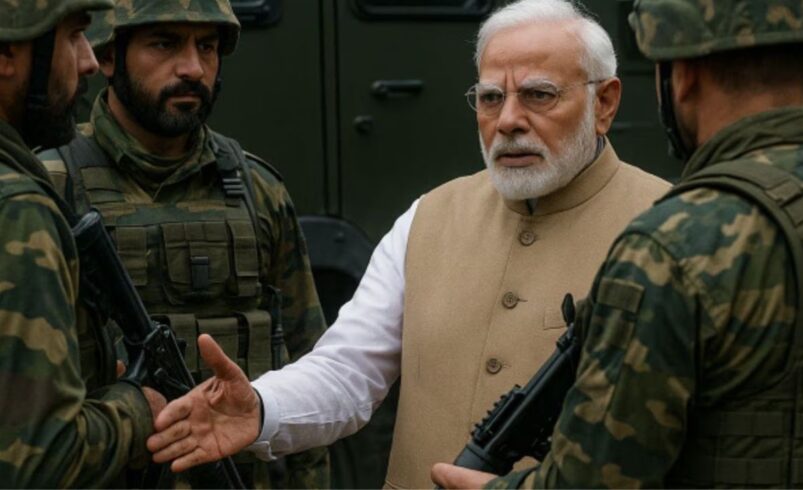What India’s Mock Drills on May 7 Mean for You?
- May 6, 2025
- 0
Following the devastating Pahalgam terror attack that claimed 26 innocent lives, the Indian government is taking no chances. On May 7, the Ministry of Home Affairs (MHA) has
Following the devastating Pahalgam terror attack that claimed 26 innocent lives, the Indian government is taking no chances. On May 7, the Ministry of Home Affairs (MHA) has

Following the devastating Pahalgam terror attack that claimed 26 innocent lives, the Indian government is taking no chances. On May 7, the Ministry of Home Affairs (MHA) has ordered all states to conduct large-scale mock drills to prepare civilians for potential hostilities. From activating air raid sirens to blacking out key installations, the move signals India’s serious intent to prepare the population amid rising cross-border threats. These drills aren’t just symbolic—they are designed to instill real awareness and response capabilities at the civilian level.
According to directives, the states must operationalise air raid warning systems, rehearse evacuation plans, and train citizens in basic protective measures. Civil defence teams are being deployed across sensitive zones, particularly along border states and major cities. The drills will also involve mock scenarios of enemy airstrikes, quick blackouts of power grids, and the camouflaging of vital infrastructure such as power plants, refineries, and communication hubs. This signals a return to Cold War-era preparedness, albeit in a modern digital battlefield.
These drills form just one part of India’s multi-pronged retaliation against Pakistan. In the days following the Pahalgam attack, India suspended the Indus Waters Treaty flow through key dams, closed its land border at Attari, and revoked all visas issued to Pakistani nationals. Pakistani artists were also banned on social media platforms like Instagram. These moves, although diplomatic in nature, send a strong message that acts of terrorism will not be tolerated under any circumstance.
Pakistan has responded by banning Indian airlines from its airspace and suspending all forms of trade, including indirect trade through third countries. Ceasefire violations across the LoC have also intensified, adding further tension to an already volatile situation. Meanwhile, Pakistani hackers have claimed cyberattacks on Indian defence infrastructure. With every passing day, the hostilities are becoming less rhetorical and more tactical, making civilian preparedness a necessity rather than a precaution.
Prime Minister Narendra Modi has emphasized full operational freedom for the armed forces in deciding how to respond to the attack. This aligns with the government’s recent measures to enhance civil defence and national resilience. Mock drills, once routine exercises, are now vital rehearsals in the face of real threats. As India stands firm on its anti-terror policy, these proactive steps signal a new doctrine—one where every citizen plays a role in national defence, and where readiness is the best deterrence.
Get the latest in business, markets, startups, and policy—visit businessnewsindia.in for in-depth updates and follow us on Instagram @businessnewsindia.in for daily bites of what matters most.
Source – Hindustan Times

©2024 | businessnewsindia.in | All Rights Reserved.